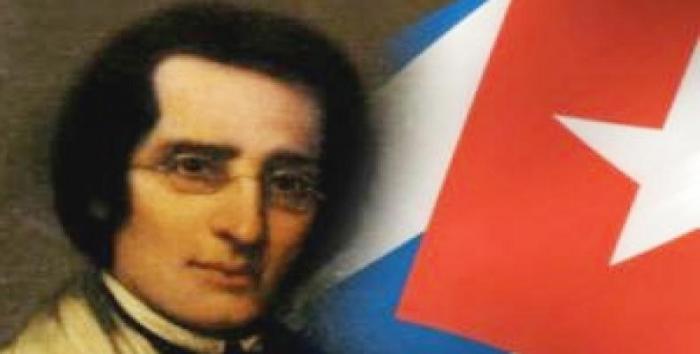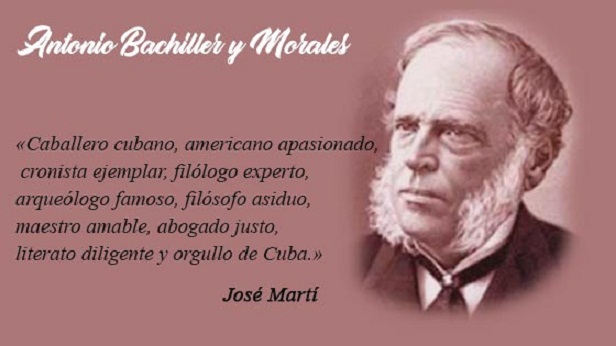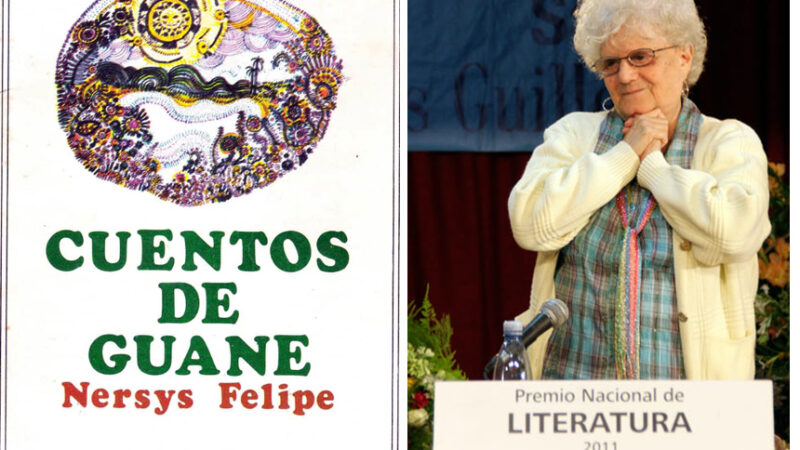Félix Varela, the root of this work

«There is nothing more respectable than firmness,» said Félix Varela in words that today are a reaffirmation of the times for Cubans, and that today are part of the struggle for the end of the US blockade against Cuba and its removal from the list of state sponsors of terrorism.
He was, according to José de la Luz y Caballero, the first to teach us to think, as he seems to be saying to the current president of the United States: «The weapons of slander, so often used against patriots in all times… have been the main defence of those who have not been able to find it in reason and justice;… they humiliate the one who uses them and honour the one who receives their blows.»
And yesterday as well as today, for all time, he stressed that «…there are infamous men for whom the words fatherland and virtue mean nothing. But it is in political changes that they appear most, because there is more proportion for their speculations.»
Above all, the philosopher, teacher, patriot and revolutionary without equal could warn those elements in the pay of the US empire, accomplices of the anti-Cuban mafia, who desecrate his name with annexationist projects to return to the times of the interventionist government and the frustrated republic: «Contempt always follows change.»
Félix Varela, in spite of the years that have passed, continues to lash out at such people with all the energy he can muster: «They give themselves the air of confessors and sometimes of martyrs of the faith (they deserve to be martyrs of the devil!).»
Like yesterday’s Platt Amendment supporters, today Varela’s thought is manipulated by the empire’s servants, who use it to try to cleanse their annexationist disgrace, but mutilate and insult the man José Martí called «a complete patriot.»
They only highlight certain aspects of his life and thought, without ever emphasising what was most important in Varela as a forerunner of Cuban independence and as an inspiring hero.
He began teaching philosophy at the Colegio – Seminario de San Carlos y San Ambrosio in Havana and introduced so many innovations in his classes that he not only ended up renewing the concept of teaching throughout Cuba, but also quickly multiplied among his students and an ever-growing number of visitors his unbribable will to promote radical changes in the way teaching, learning and thinking were done.
His classroom was always more than just a classroom: «This is the chair of freedom and human rights», he proclaimed at a time when these words were forbidden and the Spanish metropolis put the brakes on all native ideas.
Félix Varela was born on 20 November 1788, 235 years ago, and his legacy lives on in an extraordinary way. It still vibrates in the souls of Cubans who carry on his social project and in the voices that defend the homeland, keeping alive the spirit of the man who forever united ethics and politics in Cuba.
Translated by Luis E. Amador Dominguez



